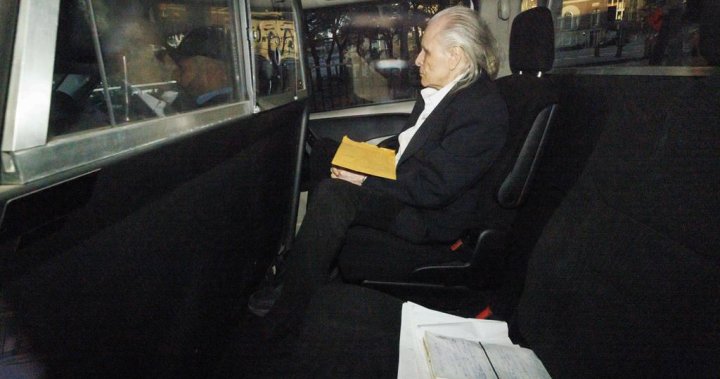[ad_1]
A Kenyan judge on Wednesday said that a doomsday cult leader who the authorities say directed his followers to starve themselves must undergo a mental health evaluation before prosecutors formally charge him with the murders of 191 children.
The charges relate to the discovery last April of mass graves in the Shakahola Forest of southeastern Kenya, where hundreds of people had come to follow the teachings of the cult leader, Paul Nthenge Mackenzie, a former taxi driver turned televangelist. Mr. Mackenzie had marketed Shakahola to his followers as an evangelical Christian sanctuary from what he claimed was the fast-approaching apocalypse. The Kenyan authorities say that he told members of his church to starve themselves to death to meet Jesus; more than 400 bodies were exhumed from the forest.
Mr. Mackenzie — who has denied the allegations — appeared in court on Wednesday in the Kenyan coastal city of Malindi. The judge, Mugure Thande, gave prosecutors until Feb. 6 to make sure that he and his co-defendants are fit to stand trial.
The prosecutor’s office shared with journalists a list of charges that it intends to bring against Mr. Mackenzie and 30 of his followers, including 191 counts of child murder.
The office said in a separate statement on Tuesday that 95 people in total would be charged with crimes in connection with the case, which it called the “Shakahola Massacre.”
Rights groups have protested previous efforts to prosecute Mr. Mackenzie’s followers, arguing that the accused should instead be helped.
The Kenyan government’s pathologists have said that many of the bodies exhumed from Shakahola indicated death by starvation, but some also showed signs of strangulation.
One former member of the cult told The New York Times that Mr. Mackenzie had preached that children should be the first to die — made “to fast in the sun so they would die faster” — so their parents could ensure that the children would reach heaven.
As Hussein Khalid, the executive director of Haki Africa, a rights organization that has closely monitored the case, said, “When adults died it meant their children had already starved to death.”
The discovery of the mass graves in the Shakahola Forest, an 800-acre region of sun-scorched scrub and spindly trees, prompted outrage and soul-searching in Kenya. Some of the bodies had been buried as early as 2021, raising questions from rights groups and observers about how the police and intelligence services had failed to prevent the deaths.
The case, which on Wednesday again dominated news coverage in Kenya, has also raised questions about whether the Kenyan authorities should regulate religious institutions and about how to address religious extremism in the country.
[ad_2]
Source link




















